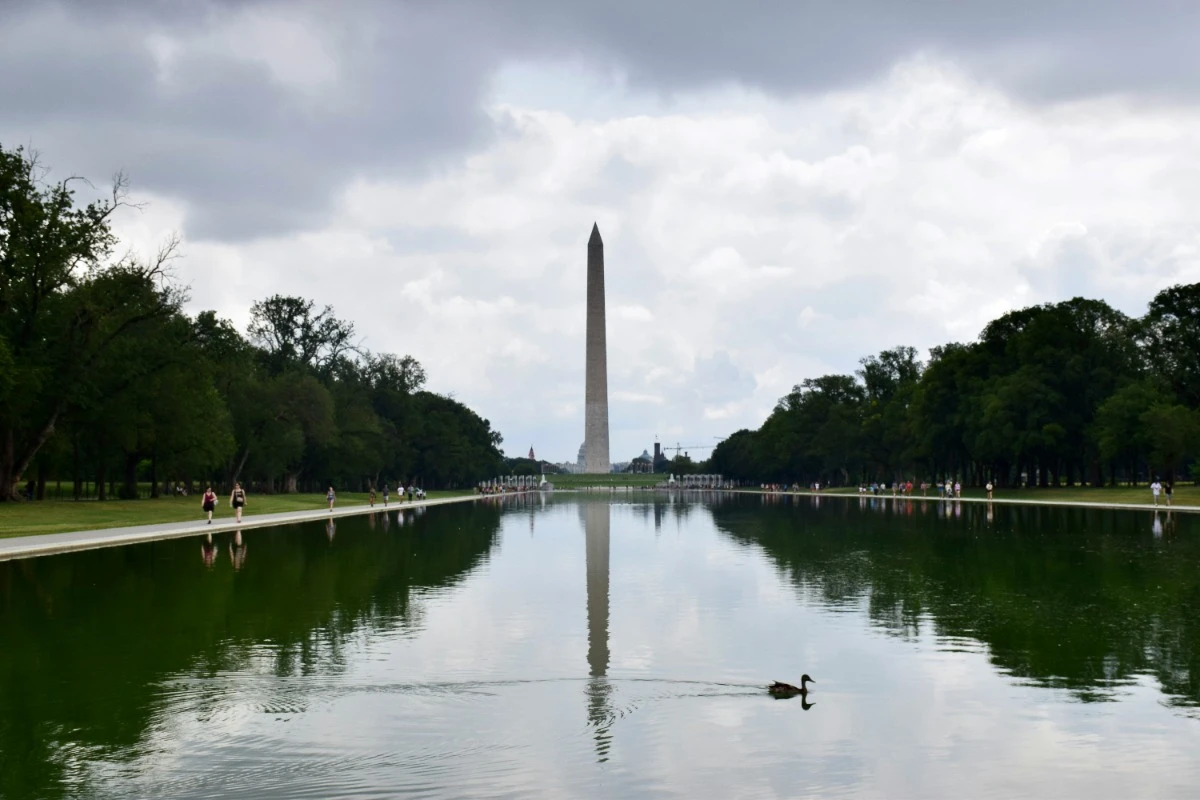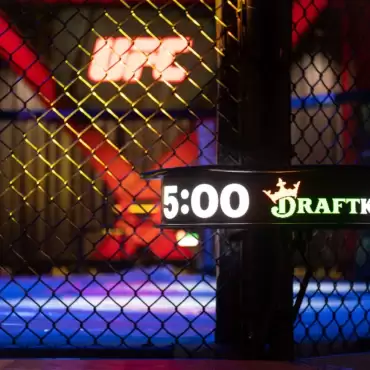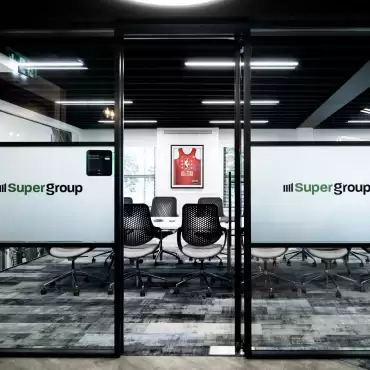According to the Washington City Paper, DC attorney-general Brian Schwalb has requested documents from lottery contractor Intralot. The request may mean the AG's office is looking into whether or not the company violated the city's "false claims" law.
What Schwalb’s office learns from the request will determine next steps, according to the City Paper report on Thursday (8 August). But if the AG’s office finds Intralot broke the law, it could fine the company.
It would also seem that likely that Schwalb’s office could create a compliance plan for Intralot or prohibit it from doing business with the city.
Intralot’s most recent lottery and sports betting contract expired on 15 July. The lottery did not renew the wagering contract. It did request and get approval from the DC Council for a one-year $39m contract extension for “lottery gaming systems and related services”. The Office of Lottery and Gaming (OLG) initially asked the council for a two-year extension, that included sports betting.
In 2018 and 2019 the DC Council considered and ultimately legalised retail and digital sports betting in the US capital. The council opted to go with a “single-source” system, handing the sports betting contract to Intralot, which already had a lottery contract with the city.
There were allegations at that time that council chair Jack Evans forced the single-source model on the council. There were also questions about multiple subcontractors that appeared to have connections to council members. Evans ultimately resigned from the DC Council and was the subject of an ethics probe. Earlier this year, he was appointed to the city’s arts commission.
GamBetDC, FanDuel, oh my!
Intralot went on to launch GamBetDC, a much-maligned platform that underperformed both in terms of revenue and user interface. Among the issues were an outage on the site during the 2022 Super Bowl.
This vote still drives me nuts. CFO & lottery director who sold inflated $$s gone. Veterans Service Corp & Intralot making millions while DC making peanuts. Wreckage of Jack Evans’s dissolved finance committee ends up being used as incentive for yes votes. No repercussions tho. https://t.co/ICSTQVTpjM
— Elissa Silverman (@tweetelissa) June 19, 2021
In March, the Office of Lottery and Gaming announced that FanDuel would replace GamBetDC as the only platform available citywide. FanDuel subcontracted with Intralot, but the partnership lasted only three months. In June, the DC Council included an open, competitive market in its budget.
A month later, BetMGM and Caesars Sportsbook, both of which were already offering digital wagering in two-block exclusion zones around their partner sports venues, began offering their platforms district-wide. At that time, FanDuel stopped offering its platform via the lottery because the Intralot contract had expired. Days later, FanDuel relaunched under an existing partnership with Audi Field.
DraftKings is expected to launch later this year through its own partnership with DC United and Audi Field. Fanatics Sportsbook is also expected to enter the fray. The company testified at multiple hearings this year, expressing its interest.
Intralot still running DC lottery
With regard to Intralot, the company is still partnered with the city to run its lottery. There are also still some GamBetDC betting kiosks in place around the District. But Schwalb’s office demanded documents related to sports betting, according to a court filing on 22 July. City Paper reports that the filing, and any documents Intralot provides, is sealed.
The report points to a specific part of the DC Code that reads that violations may “include contractors and grantees who seek to have the District pay for work that was not fully or properly performed”.
Washington DC’s sports betting law was unique in many ways when it was passed. Besides creating a monopoly for Intralot, it requires any operator – digital or retail – to adhere to the city’s minority business enterprise rules. Essentially, these rules ensure that minority and women-owned businesses will get a share of the sports betting pie. Intralot, the paper wrote, made a $215m commitment, but has yet to completely honour it. The issue came up in 2021, when the city’s auditor pointed it out.
VSC, which launched in MD, under scrutiny
Also: Politically-connected Emmanuel Bailey, whose Veterans Services Corp. is CBE partner on Intralot's $215 million lottery contract, has TWO, yes 2, employees. Well, that's up from just his mom in the last contract. And @DCLottery's Gambet app is an embarrassment. What a mess. https://t.co/xm4Re78LWW
— Elissa Silverman (@tweetelissa) July 7, 2021
Veteran’s Services Corporation, run by DC insider Emmanuel Bailey, has been spotlighted as a problem for several years. The group launched “LetsBetMD” in neighbouring Maryland in June. The platform reportedly has “worse” odds than other operators in the state and uses “free bet” language that is banned in many US jurisdictions.
Even Intralot has tried to disassociate itself from VSC, claiming that company didn’t honour promises. But the city still maintains a relationship with VSC.




